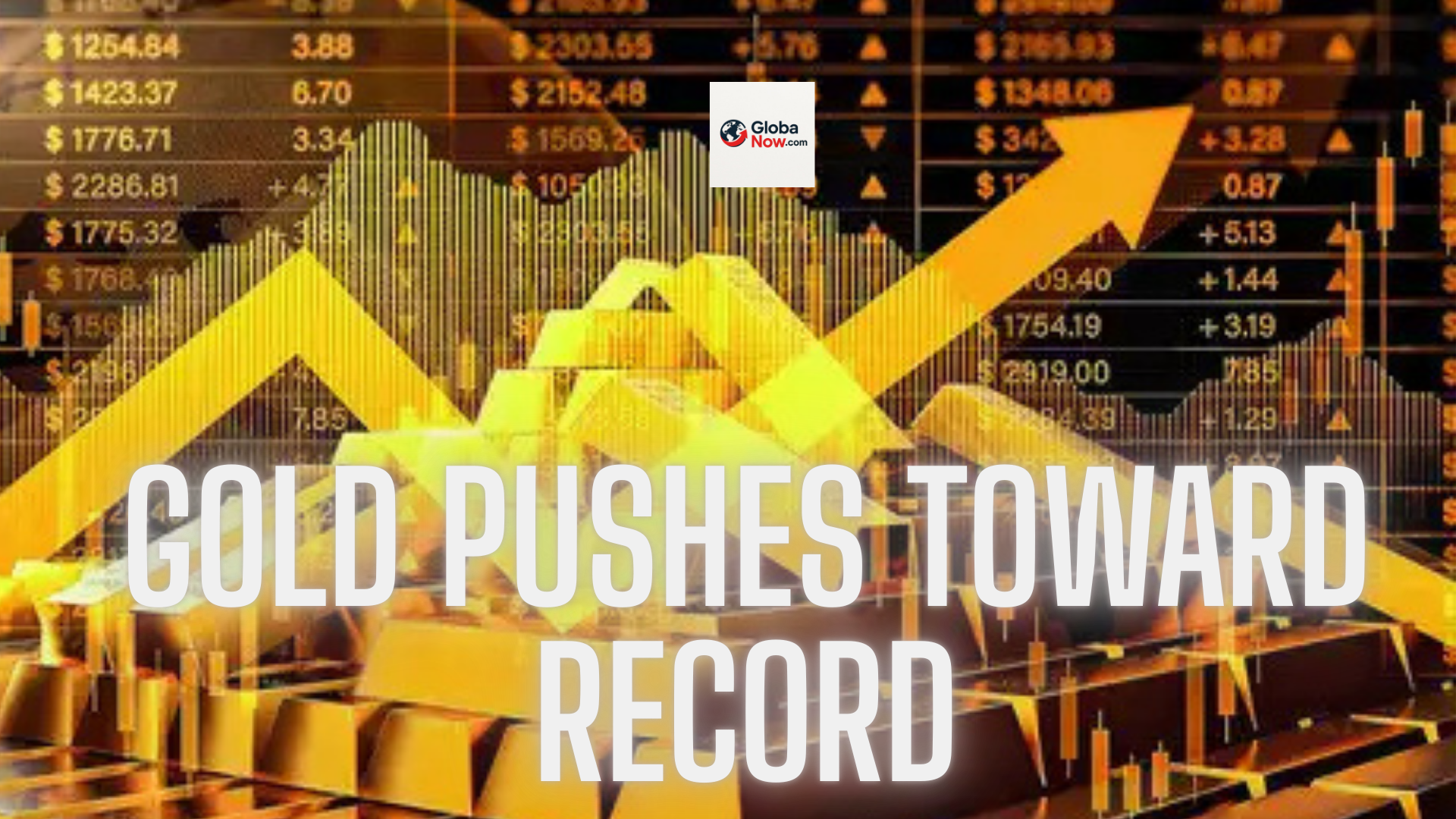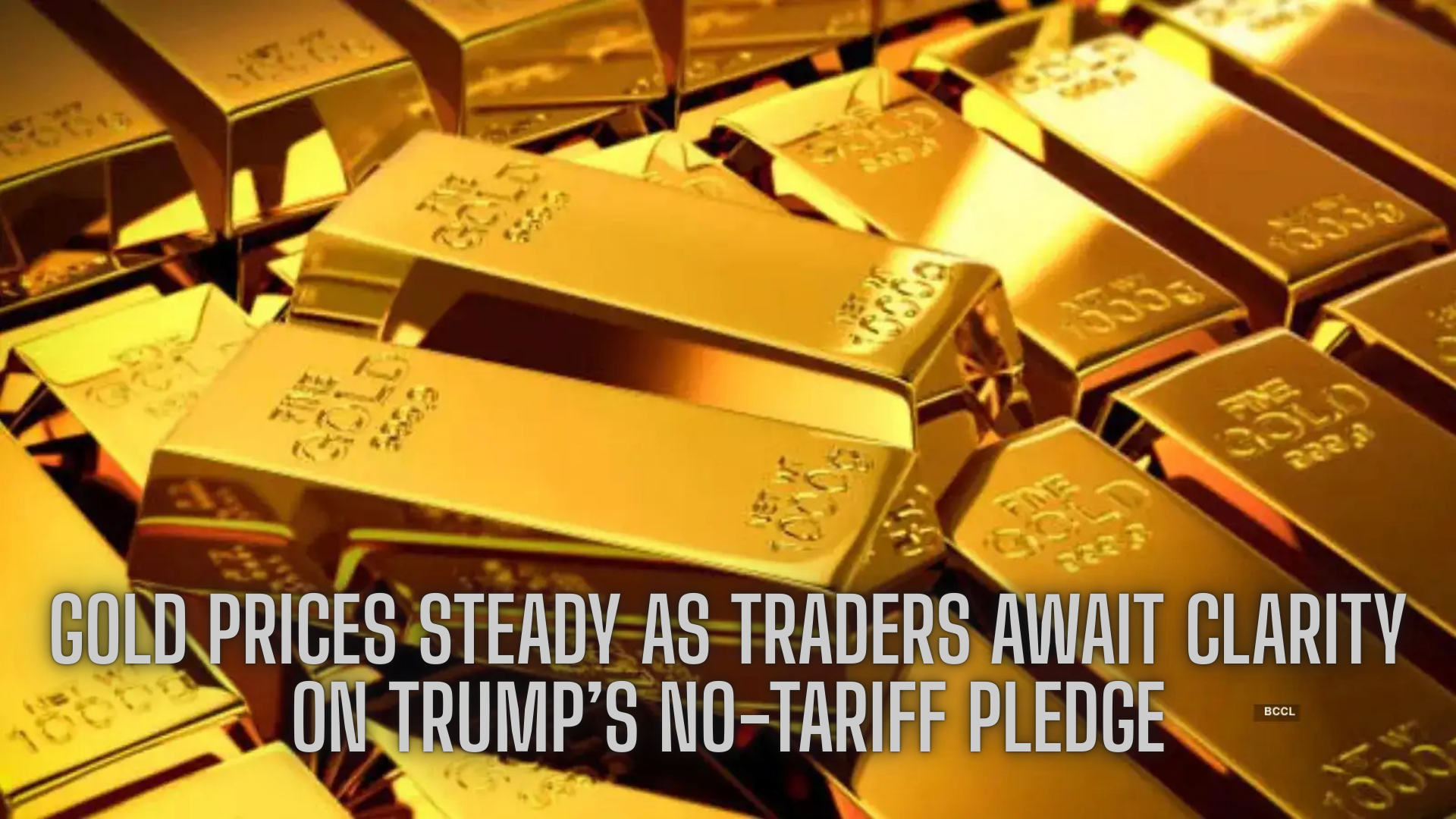U.S. stock market futures climbed modestly Wednesday morning, showing surprising resilience in the face of mounting geopolitical risks and investor anxiety surrounding the Federal Reserve’s imminent interest rate decision.
Contracts tied to the Dow Jones Industrial Average rose 0.1%, S&P 500 futures gained 0.2%, and the tech-heavy Nasdaq 100 futures added 0.2%. The upward movement came even as global markets processed escalating hostilities between Israel and Iran — a conflict that could potentially draw the United States into direct military engagement.
Geopolitical Jitters: Is the U.S. Poised to Enter the Conflict?
Tensions in the Middle East took a sharp turn after reports suggested the U.S. may be preparing to join Israeli military strikes against Iran. President Donald Trump met with his national security team Tuesday, a session that sparked widespread speculation about a potential shift in U.S. policy.
Although the White House offered no official details on the meeting’s outcome, Trump later spoke with Israeli Prime Minister Benjamin Netanyahu. During a public appearance, the president issued a stark warning to Iran, stating that “our patience is wearing thin” and demanding Tehran’s “unconditional surrender.” These remarks followed growing reports that Iran had activated missile systems, apparently preparing to strike U.S. military bases in the region should American forces get involved.
The developments marked a dramatic shift from just a day earlier, when Tehran had signaled interest in de-escalating the conflict and returning to nuclear negotiations. Now, the diplomatic mood has soured, and financial markets are grappling with the possibility of a broader regional war.
Market Response: Oil Spikes, Stocks Waver
Equity markets were jittery on Tuesday, with major indexes dipping during the regular trading session. Energy stocks saw strong gains as oil prices surged on fears of a supply disruption in the Middle East. Crude oil jumped over 3% as traders priced in the potential for escalating conflict to threaten key shipping lanes and production facilities across the Persian Gulf.
In contrast, most other sectors saw modest declines as investors weighed the growing possibility of U.S. military engagement. Defense stocks, however, bucked the broader market trend, with companies like Lockheed Martin and Raytheon Technologies recording notable gains.
“Markets are reacting to headlines, and right now all eyes are on what the U.S. will do,” said Lauren Simmons, an independent market strategist. “If we do see direct involvement in Iran, risk assets will likely take a hit, and safe havens like gold and Treasurys will outperform.”
Indeed, gold prices rose and U.S. Treasury yields dipped slightly, signaling a minor flight to safety. Volatility gauges such as the CBOE VIX Index also ticked higher, underscoring investor unease.
The Fed Factor: Markets Brace for Interest Rate Decision
Complicating the market outlook further is the Federal Reserve’s upcoming interest rate decision, set to be announced at 2 p.m. ET on Wednesday. Until the recent geopolitical upheaval, this had been the main event on investors’ calendars.
Consensus expectations suggest the Fed will leave its benchmark rate unchanged, holding steady amid a gradually cooling U.S. economy. However, attention will be laser-focused on Fed Chair Jerome Powell’s comments during the press conference scheduled for 2:30 p.m. ET, as well as the central bank’s updated “dot plot” of rate projections.
Wall Street is particularly eager for signals on whether the Fed still intends to deliver two rate cuts later this year — a possibility that has been widely priced into markets. Any change to that forecast could spark volatility across asset classes, from equities to bonds to currencies.
“The Fed is navigating a delicate balancing act,” said Rachel Nguyen, senior economist at Evercore ISI. “They need to acknowledge progress on inflation without sending the message that rate cuts are a done deal. And now, they have to do all of this while geopolitical tensions are rising.”
Nguyen added that while monetary policy remains a primary concern, “geopolitical risks are the wild card.”
Investor Sentiment: Cautious but Not Panicked
Despite the storm clouds gathering overseas, U.S. stock futures reflect a measure of investor optimism — or at least a belief that the worst-case scenario remains avoidable for now.
Much of that cautious confidence stems from economic data that continues to show the U.S. economy is neither overheating nor falling off a cliff. Inflation has moderated over recent months, job growth remains healthy, and consumer spending — while slowing — has not collapsed.
Moreover, corporate earnings season has been stronger than anticipated, particularly among large-cap tech firms. The Nasdaq’s modest gains in futures trading reflect investor faith in companies with global diversification and strong balance sheets.
Still, portfolio managers are positioning more defensively. “We’re seeing increased allocations to cash, gold, and short-duration bonds,” said Jonathan Weiss, a wealth advisor at Morgan Stanley. “Nobody wants to be caught flat-footed if the U.S. ends up in another conflict in the Middle East.”
What to Watch Next
As the trading day unfolds, investors will have their eyes on several key developments:
- Any official statement from the White House about U.S. military intentions in Iran.
- The outcome of the Fed’s interest rate decision and Powell’s press conference.
- Updates on missile deployments or skirmishes in the region that could signal broader engagement.
- Oil price movements, which serve as both a signal and a stressor for market dynamics.
- Defense and energy stock activity, which could see continued volatility depending on headlines.
Meanwhile, volatility is expected to remain elevated throughout the week, as market participants try to balance monetary policy cues with geopolitical realities.
Bottom Line: Uncertainty Reigns
Investors are navigating a highly fluid and uncertain environment. On one side, a looming military escalation threatens to drag the U.S. into another foreign conflict. On the other, the Federal Reserve must walk a tightrope to keep inflation in check without derailing the economy.
While stock futures remain positive for now, market sentiment could shift rapidly depending on the next move from Washington — either in the Middle East or from the Fed’s podium.
For traders and long-term investors alike, this is a moment that calls for vigilance, diversification, and a steady hand.




4 thoughts on “Stock Market Today: Futures Edge Up Amid Rising Tensions Between Israel and Iran, U.S. Involvement Uncertain”